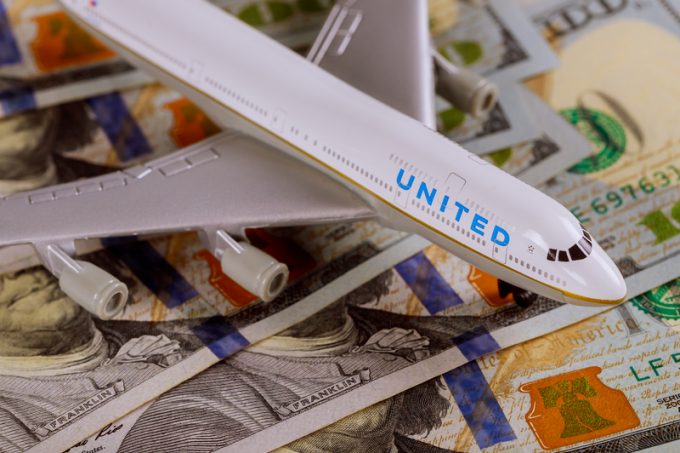Senators call for ban on airlines flying to the US using Russian airspace
International airlines flying to the US from countries “that continue to do business with Russia” ...

As US airlines grab their $50bn bailout with both hands, it’s hard not to think back, all the way to, oh, 10 months ago, when the big three were still complaining bitterly about the “funnelling [of] over $50bn in subsidies” by Qatar and the UAE ...

Comment on this article